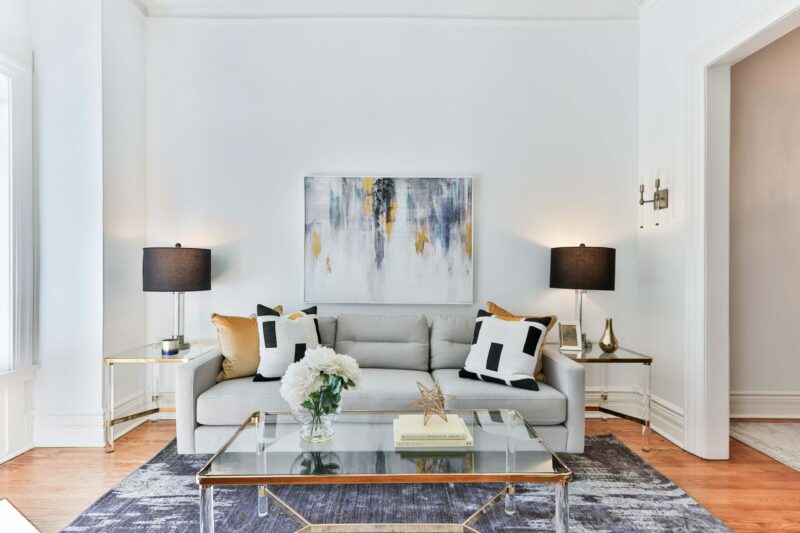In reality, buying a home isn’t good for everyone and paying rent isn’t always a waste of money. Along with financial reasons, always consider your social and professional situation as well. For example, you just started a new job, are moving to a new city, or simply have not yet laid out a long-term plan.
In general, assets appreciate, but one should never buy one’s first home. Significant financial benefits, include less debt and faster homeownership. However, renting your first home can be confusing and overwhelming. From the basic to household expenses, here’s your apartment checklist.
1) The basic
Start with estimating the rent you can afford. Never spend more than 30% of your income on rent because you should always consider unexpected emergencies. Come up with a hypothetical rent budget by looking at average rent prices. Think about the following checklist:
- Why are you moving?
- How much rent can you afford?
- What’s the minimum apartment size that you can live in, based on affordability?
- What are your financial goals, from near-term to distant?
- How important are location and safety?
2) Down payment/security deposit
Regulations vary from country to country, but in general, your future landlord will look at your employment status and past income. Before signing the lease, always ask the landlord:
- How much you have to pay in advance?
- What happens to your down payment, is it being invested into the building?
- What happens to the money when you move out?
- Is there an option to buy the apartment after renting it for x years?
3) Furniture and utilities
Now that you have an idea of the approximate rent, the next step is to budget how much you can spend for big-ticket items like kitchen, bed, couch, fridge, washing machine. During your purchase, always think from a long-term perspective.
- Given your current situation, what is more critical, price or quality?
- What furniture is mobile should you move again?
4) Household expenses
Especially at the beginning, it is difficult to estimate your household expenses, considering it’s your first apartment. The first 3 months will give you a good feeling of your real electric bill, gas charges, insurance expenses, and food budget. Keep in mind that real-life always has a way of getting in the way. When running your own household, you will also face unexpected expenses, but the good thing is that you can prepare for them. MW Tip find out here how you can prepare for an emergency fund.
Related:
Beginners Guide: Cryptocurrency Investing – Crypto is here to stay, the basics you should know about cryptocurrencies.
7 Money Rules Everyone Needs To Follow – If you don’t follow these rules you will never reach financial freedom.
Stock Market Investing Tips – Follow these simple investing tips and start building your wealth.
Tips on How to Prepare for a Stock Market Crash – Investing when the stock market is volatile.
Why You Should Know About ETFs – Invest in the stock market and avoid the risk from investing in individual stocks.
The content in this article is provided for information purposes only and is not a substitute for professional advice and consultation, including financial advice and consultation; it is provided with the understanding that Millennial Warrior is not engaged in the provision or rendering of financial advice or services. You understand and agree that Millennial Warrior shall not be liable for any claim, loss, or damage arising out of the use of, or reliance upon any content or information in the article.
